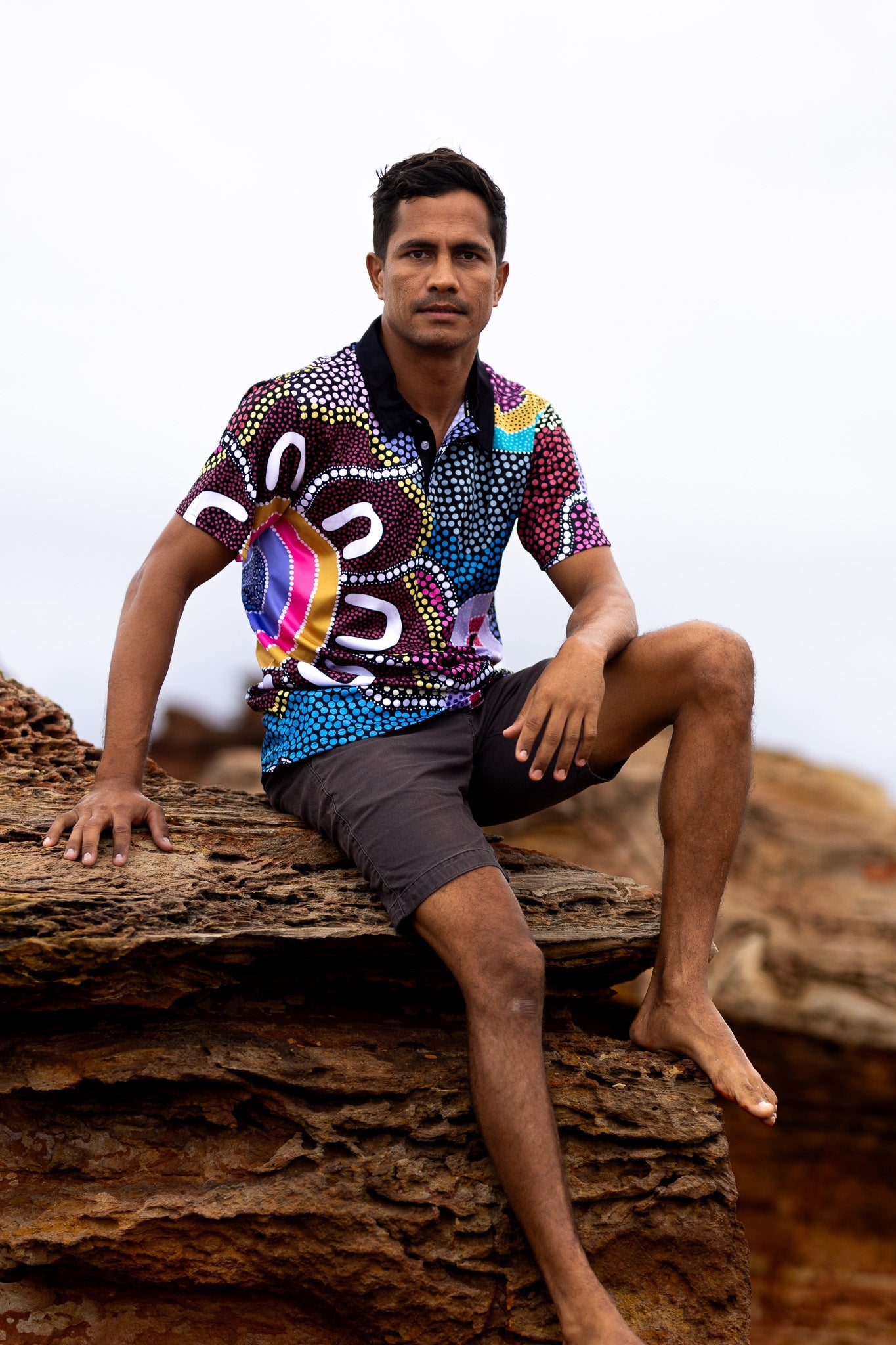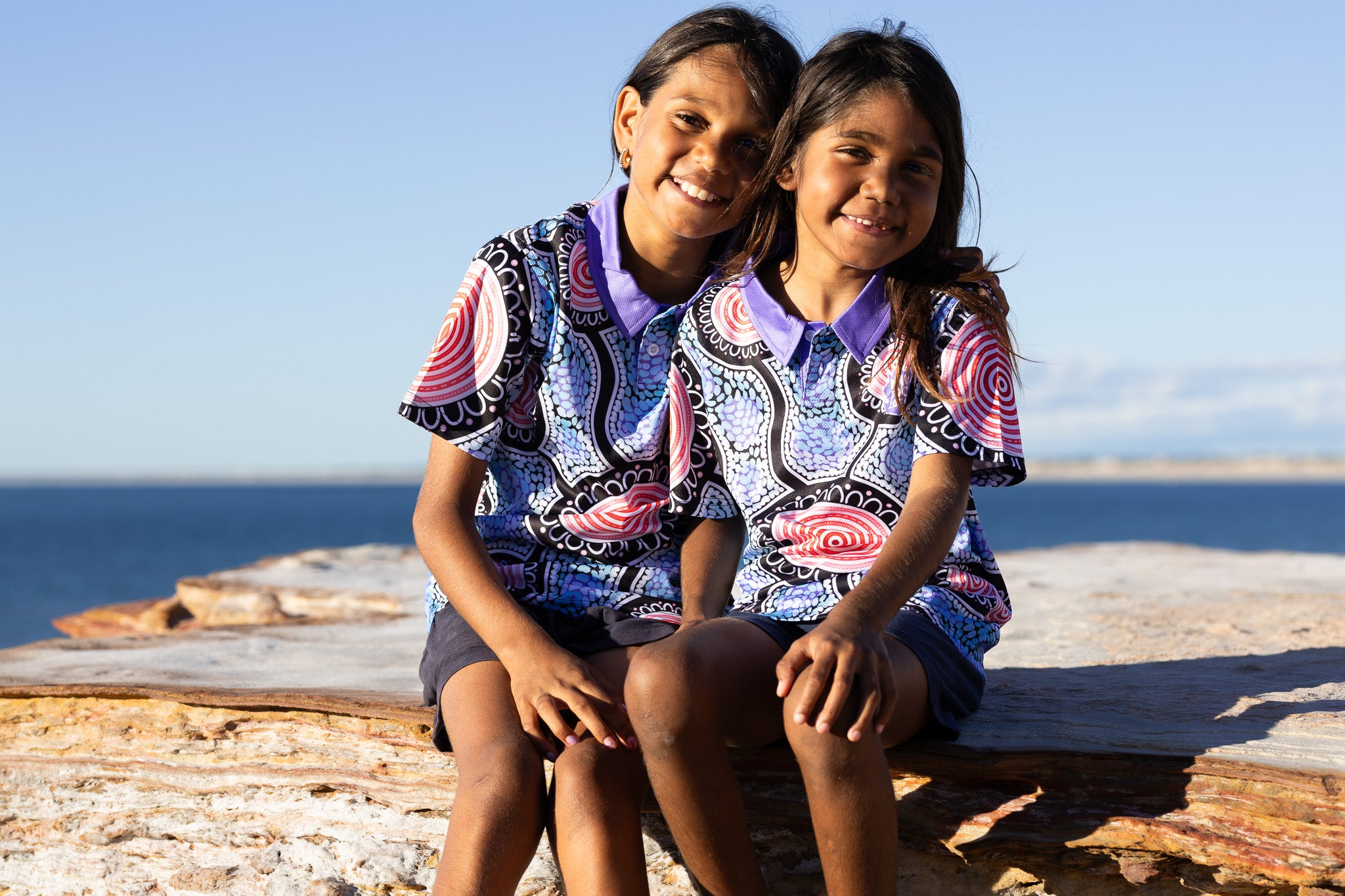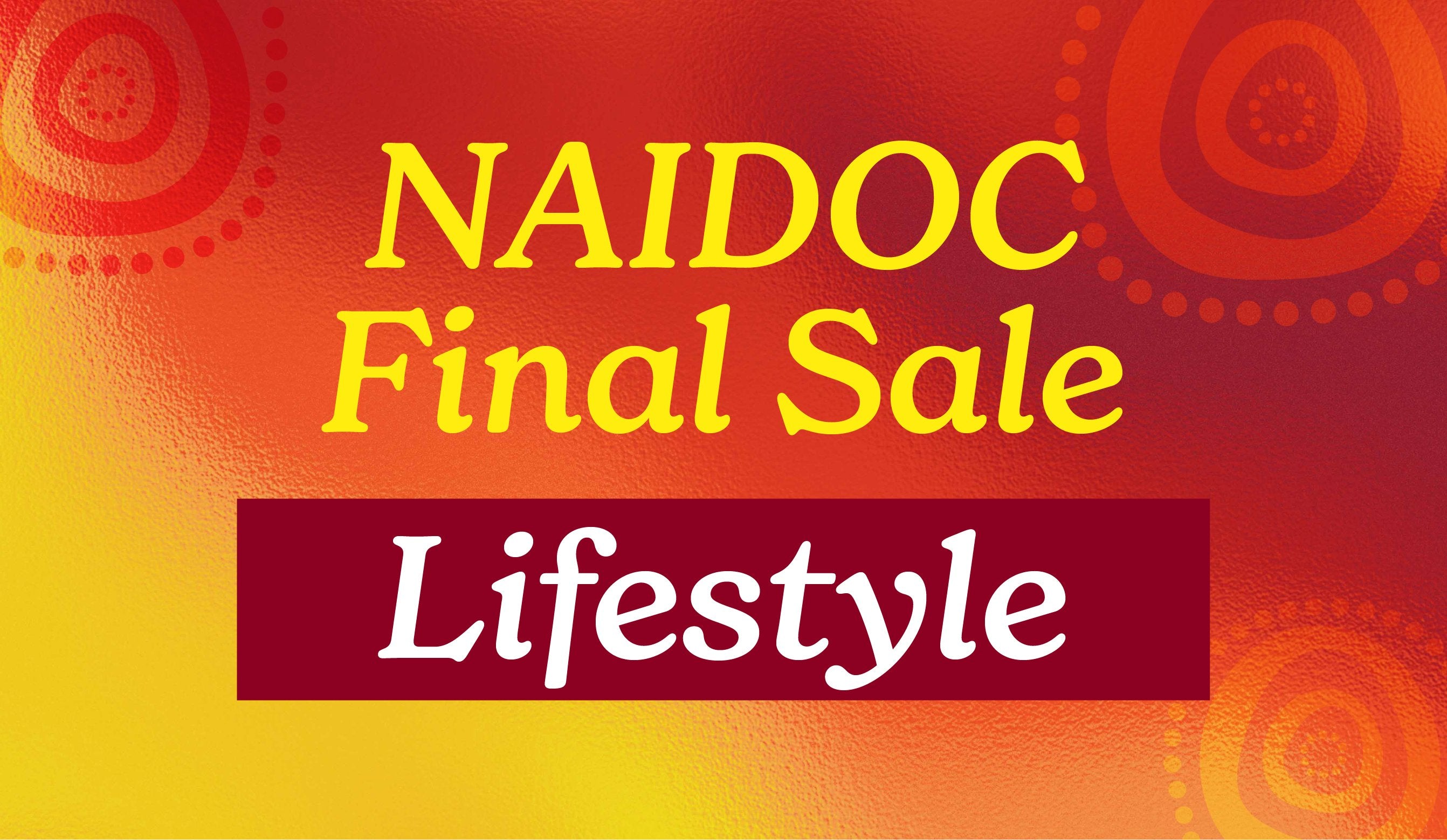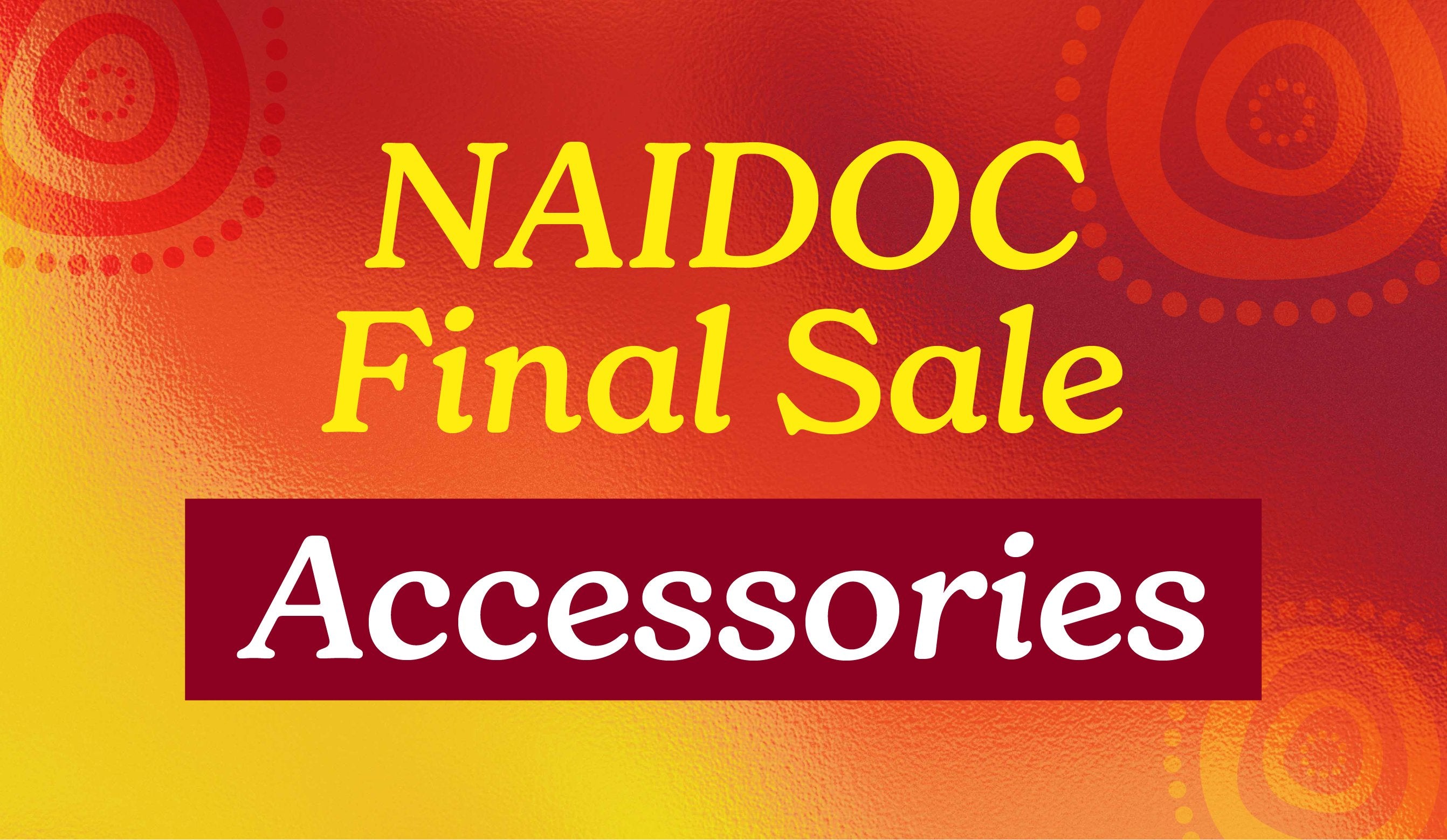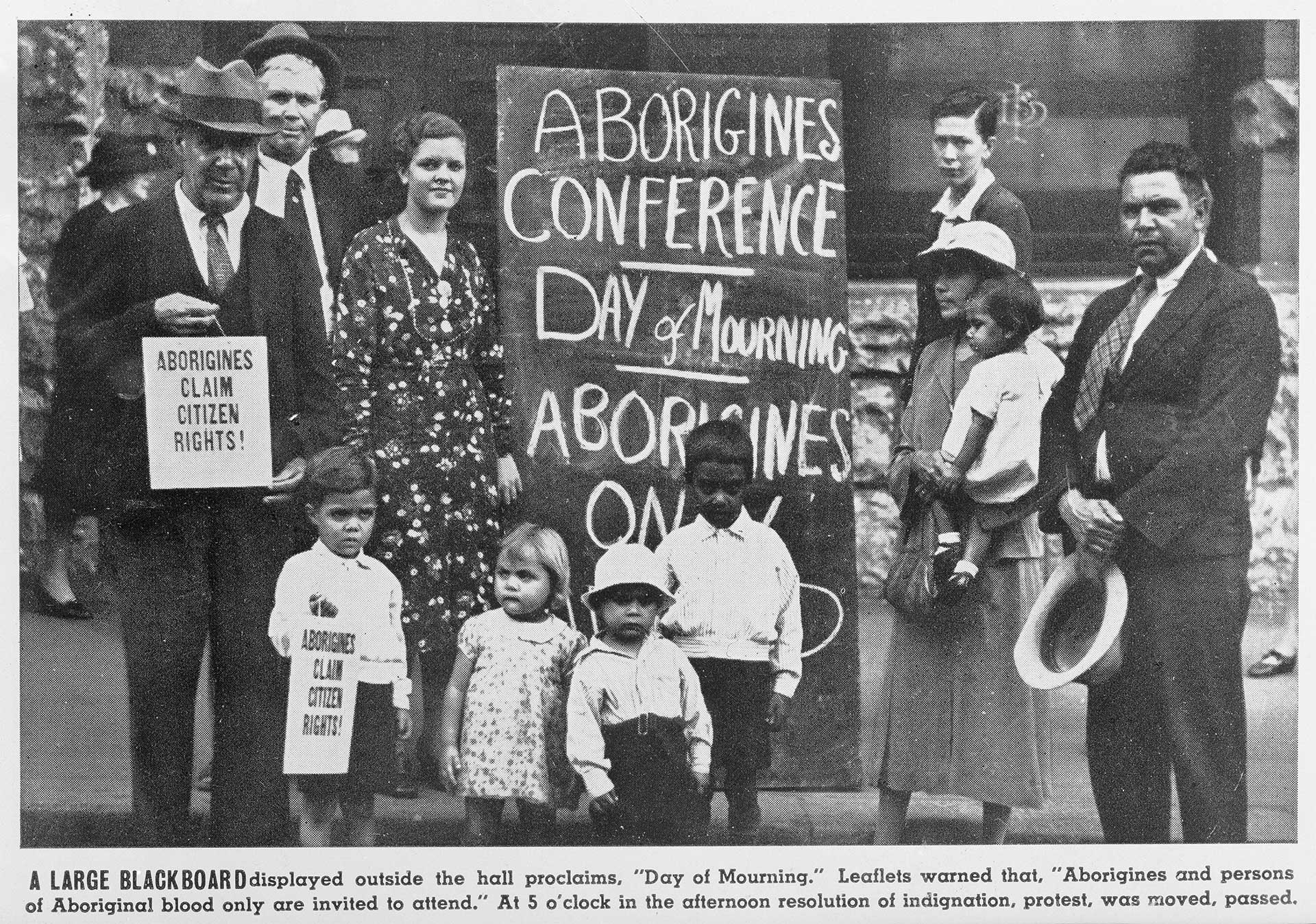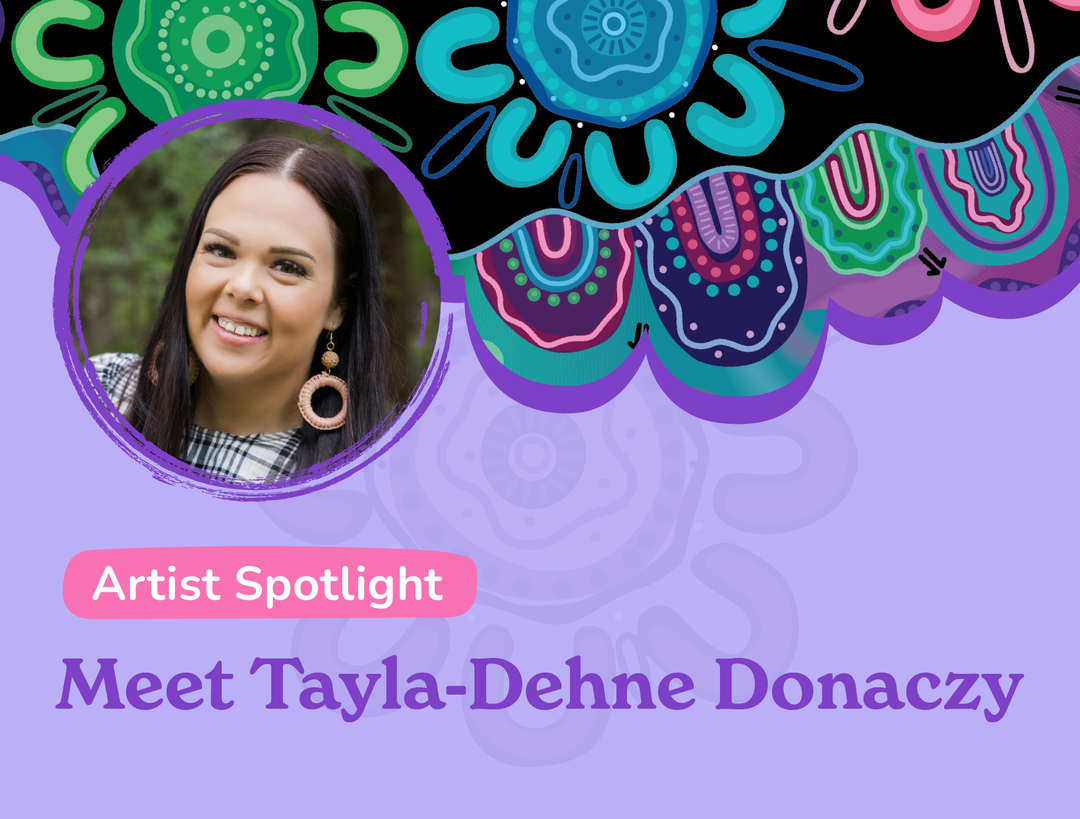While we've wrapped up on NAIDOC Week 2023, the journey of NAIDOC's rich history is worth diving into.
The history of NAIDOC week and the National NAIDOC Committee, stretches back over 100 years from when the first Aboriginal rights groups became aware that the wider Australian public were both unaware and ignorant of their boycotts of Australia Day. William Cooper, Douglas Nicholls and Jack Pattern were among the first Indigenous rights activists that helped ignite the conversation and spread awareness of to the public. So, on the 150th anniversary of the landing of the First Fleet, a group of Aboriginal men and women arranged a Sydney-based march, led by Cooper, Nicholls and Pattern, known as the ‘Day of Mourning’.
Held in 1938, this march of over 1000 attendees, became “One of the first major civil rights gatherings in the world” (cited: NAIDOC.org). It was a success that opened important discussions for years to come and was first heralding of NAIDOC Week as we know it.

An image from the ‘Day of Mourning’ gathering in Sydney, Australia. Source: AIATSIS Collection HORNER2.J03.BW.
The annual ‘Day of Mourning’, continued up until 1955 and developed into not only a protest, but also a celebration of the unique culture of the Aboriginal people. It was the following year that the NADOC (National Aborigines Day Observance Committee) was formed. The name of the committee altered in 1967 to discontinue use of the term ‘Aborigines’ and adopt their current use of ‘Aboriginal’ instead, to remain more accurate and appropriate to their identity.
For years this day continued each Sunday before Australia Day, until it was decided to expand to a full week in 1975, becoming the July based dates that we still follow today. In 1991, another milestone of development was achieved when NADOC expanded to not only represent the Aboriginal community, but also Torres Strait Islander peoples, allowing for further awareness between the distinctly different cultural histories.
This change altered the name of the committee which is still current today; National Aboriginal and Islanders Day Observance Committee (NAIDOC). This title is also in the official name ‘National NAIDOC Week’, for the annual week of recognition and celebration of First Nations cultures and histories that we are familiar with today.
Knowing the evolution NAIDOC Week can help us all become more aware of its importance, and the need for us all to be active advocates in our communities to support and celebrate the vibrant, rich and ongoing culture of The First Nations people.
Words by Annie Parry and Eden Campbell






